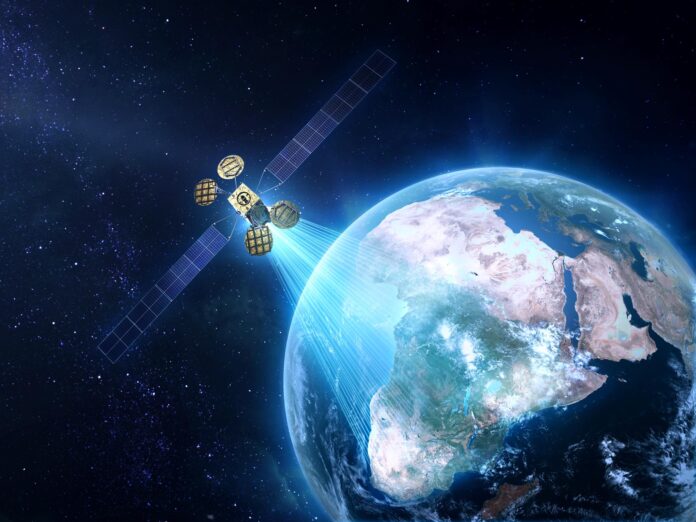WASHINGTON – With more than a billion users in the developed world, Facebook is now setting its sights on the next billion users who, while currently unconnected, could now be connected to the Internet via an ambitious satellite-based Internet project.
Facebook CEO Mark Zuckerberg announced the project, which is part of Facebook’s Internet.org and being conducted with satellite provider Eutelsat.
Zuckerburg wrote: “I’m excited to announce our first project to deliver Internet from space. As part of our Internet.org efforts to connect the world, we’re partnering with Eutelsat to launch a satellite into orbit that will connect millions of people. Over the last year Facebook has been exploring ways to use aircraft and satellites to beam Internet access down into communities from the sky. To connect people living in remote regions, traditional connectivity infrastructure is often difficult and inefficient, so we need to invent new technologies.”
Zuckerburg specified that as part of the deal Eutelsat will launch a geostationary satellite called AMOS-6 by 2016, providing Internet coverage to large areas of Sub-Saharan Africa. According to Facebook’s Internet.org, once the satellite is built and in orbit, people within range will have access to an app called “Free Basic,” which gives users Internet access without paying service providers for data.
A 2014 report indicated that 38% of Sub-Saharan Africans had Internet access largely through their mobile phones and many projections suggest data use in the region will increase rapidly in the next five years.
Fredrik Jejdling head of Ericsson’s Sub-Saharan Africa office said last year, “Sub-Saharan Africa is currently undergoing a mobile digital revolution with consumers, networks and even media companies wakening up the possibilities of 3G and 4G technology. We have seen the trend emerging over a few years, but in the past 12 months the digital traffic has increased over 100%, forcing us to revise our existing predictions.”
“Connectivity changes lives and communities,” Zuckerberg said. “We’re going to keep working to connect the entire world – even if that means looking beyond our planet.”

